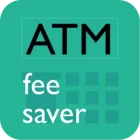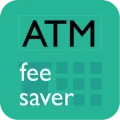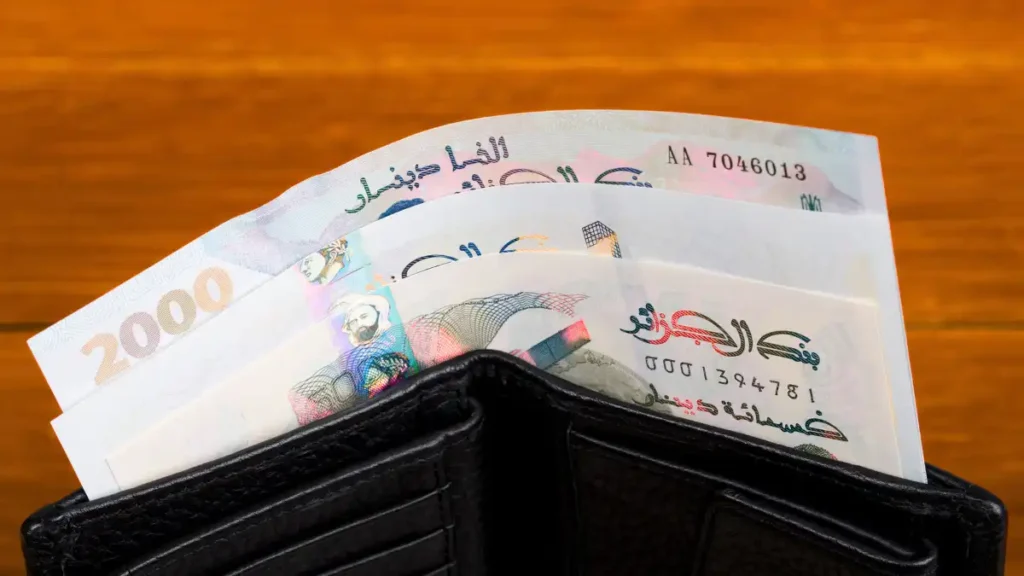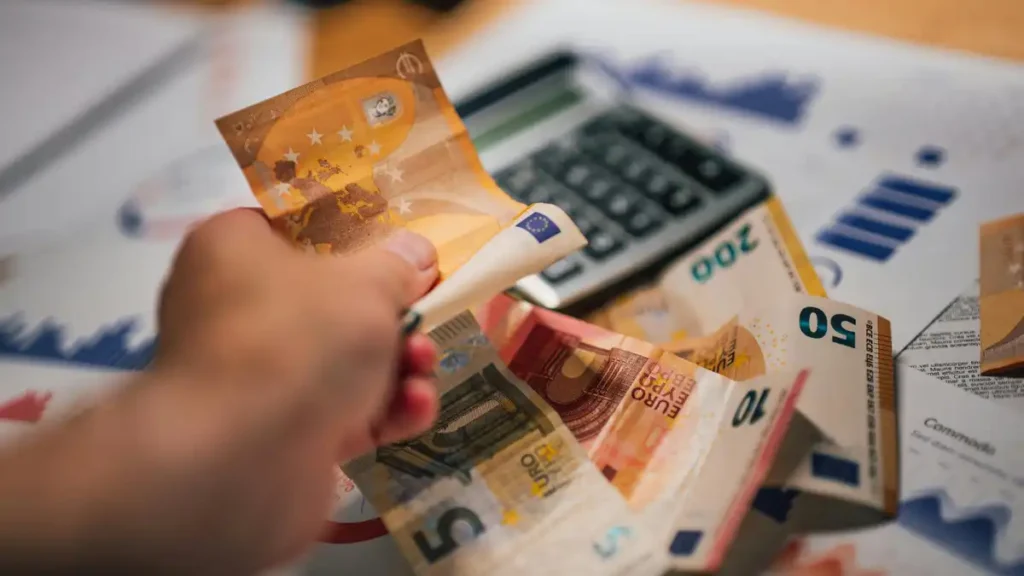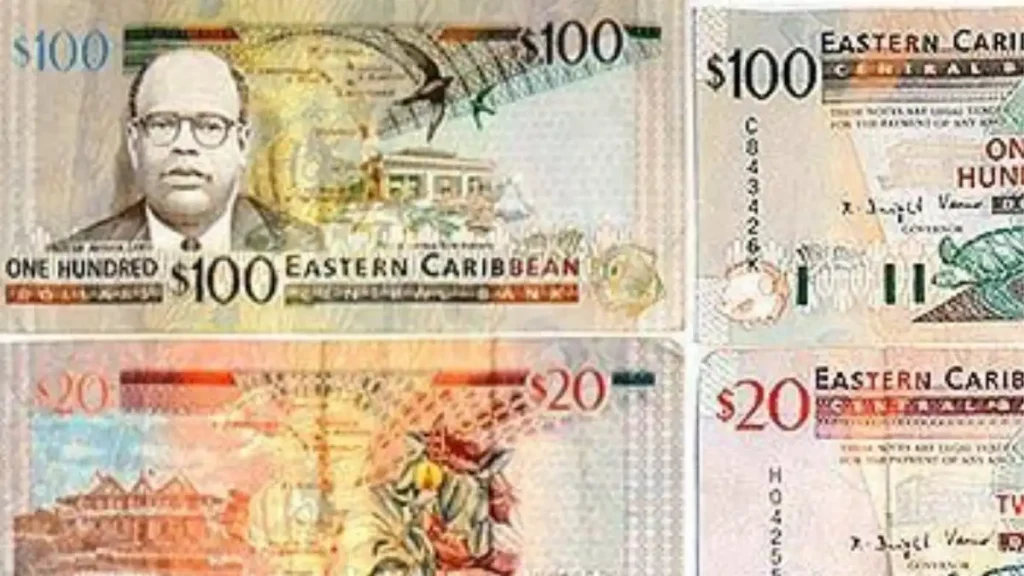Nigeria’s energetic cities, cultural richness, and growing tourism scene offer exciting opportunities – but navigating money in Nigeria and understanding how currency works is essential to avoid complications. Whether you’re in Lagos for business, visiting family, or exploring natural sites, knowing how to pay is crucial. This guide outlines what currency to bring, the best ways to get money and currency in Nigeria (Nigerian Naira – NGN), tips for cash and card safety, and key dos and don’ts. With these insights, you’ll avoid unnecessary fees and manage your money confidently throughout your stay.
How to pay in Nigeria – cash or card?
In Nigeria, cash is the most preferred form of payment for majority of the situations. Digital payments are becoming more popular however, it is still in its nascent stage. The Nigerian naira (NGN) is the official currency.
You can use cash for:
- Public Transportation: Buses, shared taxis, and okadas (motorbike taxis) are cash-only.
- Street Vendors and Markets: All open-air markets and roadside stalls operate on cash.
- Small Businesses: Local shops, eateries, and service providers often prefer cash.
- Hostels and Guesthouses: Many budget stays require cash payment.
- Tips and Gratuities: Cash tips are common for drivers, guides, and hotel staff.
- Rural Areas: Electronic payment facilities are rare outside cities.
You can use card for:
- Hotels: Mid-range and luxury hotels in major cities accept cards.
- Restaurants: Some restaurants in Lagos, Abuja, and other large cities accept Visa or Mastercard.
- Retail Stores: Larger supermarkets and malls in urban areas take cards.
- Car Rentals and Tours: Established agencies may take cards, but confirm ahead.
- Online Bookings: Flights, hotels, and some tours can be paid for online.
What’s the best currency to take to Nigeria?
The Nigerian Naira (NGN) is the official currency and the only currency accepted for everyday payments in Nigeria. That makes it the best currency to use while in the country.
Foreign currencies like USD, EUR, or GBP are not accepted for purchases, although they can be exchanged at official or bureau de change outlets. However, Nigeria has frequent fluctuations in exchange rates, so be cautious and informed when converting money.
Where to get currency in Nigeria?
There are 3 main ways to get cash in Nigeria. They are:
- ATMs, or
- Currency exchange, or
- Money transfer & local pick-up
Types of cards to swipe in Nigeria
Visa and Mastercard transactions are commonly accepted for swiping. You might also find some places that accept Amex and other cards, albeit less frequently.
Types of cards at ATMs in Nigeria
If you’re withdrawing money in Nigeria from an ATM, ATMs commonly accept Visa and Mastercards. However, some accept only Visa and some only Mastercard. Others such as CUP, JCB, Maestro American Express, Diners, Discover are accepted only at a handful of ATMs.
Should I exchange money before travelling to Nigeria?
It’s recommended to bring some Nigerian Naira (NGN) or USD before your trip. Naira is not widely available abroad, and exchange rates outside Nigeria are typically poor.
You can withdraw NGN from ATMs upon arrival in Lagos, Abuja, and major cities, but ATMs may have limits and are sometimes unreliable. Visa and Mastercard are commonly accepted, but check with your bank about fees and card compatibility.
Currency exchange is best done at licensed Bureau de Change operators, not at hotels or informal exchangers. USD and GBP are the most accepted foreign currencies for exchange.
Where to withdraw money in Nigeria
You can withdraw money in Nigeria at leading bank ATMs in the country. The best ATMs for foreigners to use in Nigeria are those owned by popular banks such as:
- GT Bank,
- UBA,
- First Bank,
- Keystone Bank, and
- Sterling Bank.
There are other banks with ATMs that also accept international debit and credit cards.
There are no known Global ATM Alliance member banks or All Points network banks in Nigeria.
For a detailed guide, read Cash and ATMs in Nigeria.
Where to exchange currency in Nigeria
You can exchange currency in Nigeria at licensed currency exchange offices and banks branches.
Bureaux de Change (BDCs), as they are commonly called, are regulated but less formal than banks. They are often found in open-air malls, near the airport terminal in Lagos or Abuja, or clustered in business districts. They often operate until the early evening and display exchange rates on electronic boards.
Banks like Zenith, First Bank, GTBank, and Access Bank provide exchange services but often at slightly worse rates than BDCs.
Airports and upscale hotels may offer exchange services with limited hours and higher fees.
Pro tip: Bring USD in new, crisp bills – these earn the best rates and ensure smoother exchanges. Be cautious of street vendors or unlicensed sellers – they’re legally gray at best.
You can find good currency exchanges in Nigeria using the ATM Fee Saver app – it will guide you to the nearest currency exchange on the map. The app helps you with forex places in 160+ countries, including Nigeria. Download now from the App Store or Play Store.
Avoid Airport Exchanges and no-fee exchange offices: They have the highest fees and poorest exchange rates. Wait to get to the city to exchange cash.
Is carrying cash in Nigeria safe?
Carrying cash in Nigeria requires extra caution, especially in large cities like Lagos or Abuja, where petty theft and armed robbery can occur. While card usage is growing, many places still rely heavily on cash – so it’s best to plan your spending and minimize risk.
To carry cash safely in Nigeria:
- Carry only small amounts at a time, just enough for immediate needs.
- Use a money belt or under-clothing pouch instead of an open wallet or handbag.
- Avoid drawing attention to yourself when paying or withdrawing money.
- Use ATMs located in secure places like banks, hotels, or shopping malls.
- Never withdraw cash after dark or in isolated locations.
- Keep small bills for transport, markets, and informal vendors – many won’t have change for large notes.
Is it better to use debit or credit cards or pay by cash in Nigeria
Use a card if it is fee-free i.e. your bank does not charge any fees to swipe the card, when the merchant / POS also does not impose any extra charge to use a card, you need to use the insurance of the card, don’t want to block cash of large purchases and card’s swipe fees are lower than withdrawal fees.
Pay by cash by withdrawing cash from ATM or exchanging currency where – fees on ATM withdrawals are lesser than fees on swiping cards, you don’t want to leave any digital footprint of your expenses, it is convenient and easier to conduct transactions.
